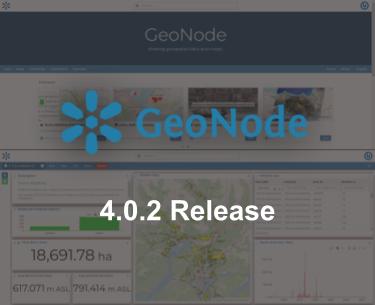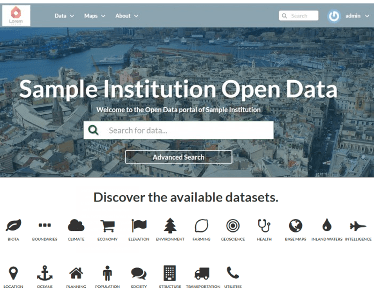
GeoNode 4.0.3 is out
Dear Reader, We are pleased to announce the new stable release of GeoNode. This release is the last one of the 4.0.x line. This line includes only fixes for critical bugs and security issues. It doesn't contain feature changes and complete backword compatibilty with 4.0.2 is granted, This release includes upgrades for some core Python dependencies, and the upgrade to Geoserver 2.20.7 which provides important security updates. The full list of changes and bug fixes can be found in the changelog. A wiki page has been created with the procedure to upgrade a GeoNode Project 4 instance to 4.0.3. Additional information...
More




